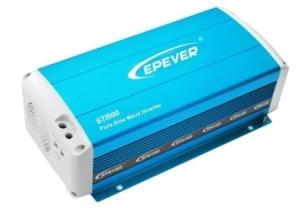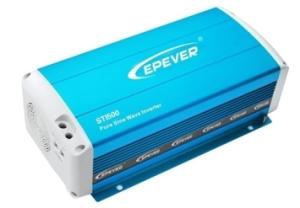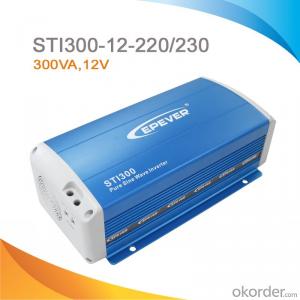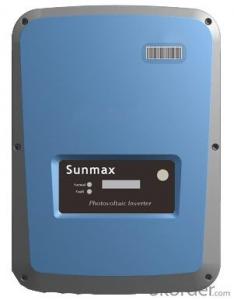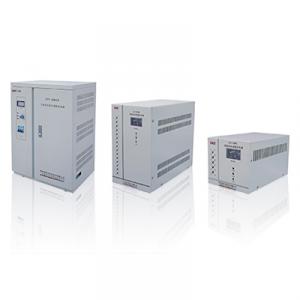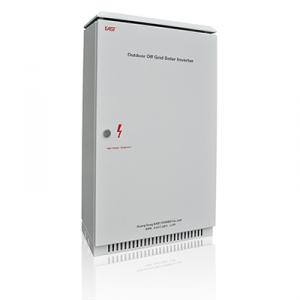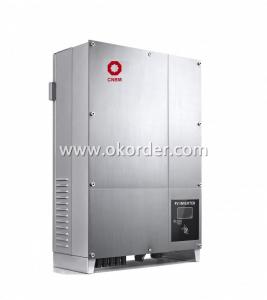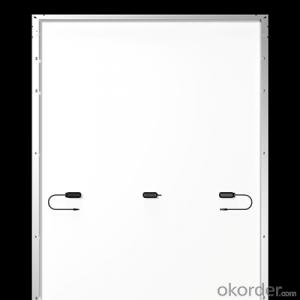On Grid Solar Inverter GW5048D-ES / GW3648D-ES
- Loading Port:
- Shanghai
- Payment Terms:
- TT or LC
- Min Order Qty:
- 10 unit
- Supply Capability:
- 100 unit/month
OKorder Service Pledge
OKorder Financial Service
You Might Also Like
Decription:
GoodWe ES series bidirectional energy-storage inverter is applicable for both on-grid and off-grid PV systems and can control the flow of energy hybrid with its working situation able to be switched automatically or manually. During the day time, the PV plant generates electricity which can be provided to the loads, fed into the grids or charged the battery. The power stored can be released when the loads require it during the night. Additionally, power grid can also charge the storage devices via the inverter.
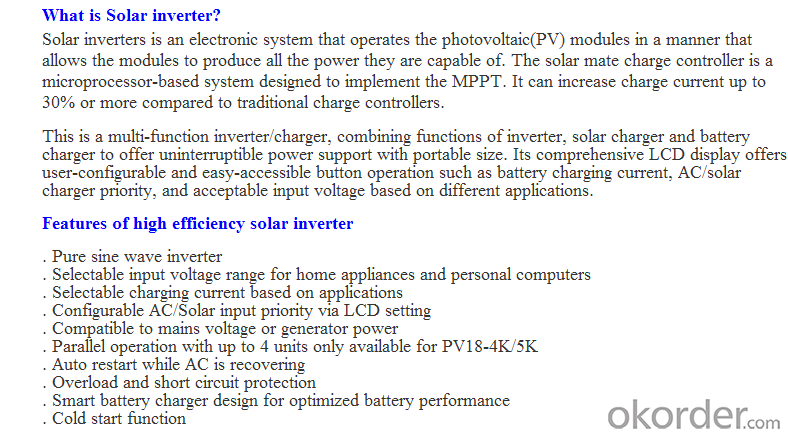
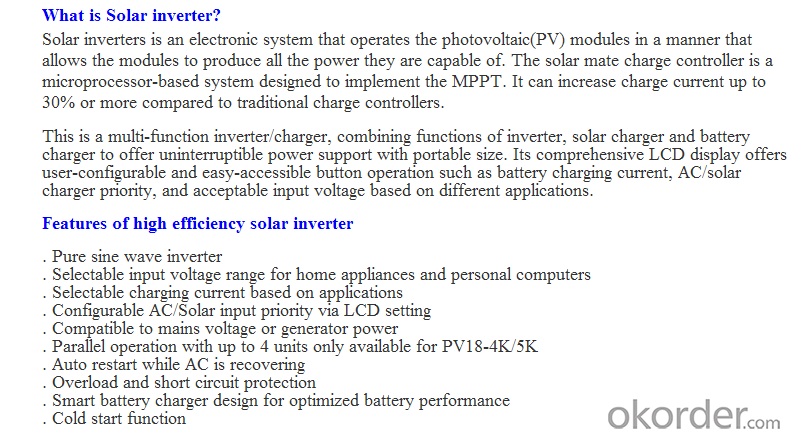
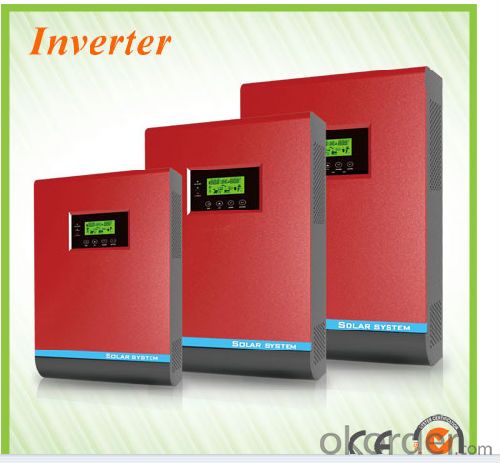
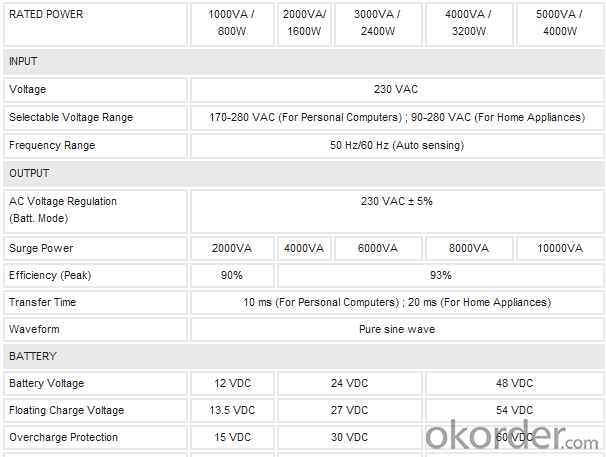
FAQ:What about your warranty?
Our warranty is 1 year
- Q:Can a solar inverter be used with different types of solar tracking systems?
- Yes, a solar inverter can be used with different types of solar tracking systems. Solar inverters are designed to convert the direct current (DC) produced by solar panels into alternating current (AC) for use in homes or businesses. They are compatible with various solar tracking systems, including single-axis and dual-axis trackers, as long as the voltage and power ratings of the inverter match the requirements of the specific tracking system.
- Q:Can a solar inverter be used with different brands of solar panels?
- Yes, a solar inverter can be used with different brands of solar panels as long as they have compatible specifications and electrical characteristics. However, it is recommended to consult the inverter manufacturer's guidelines or seek professional advice to ensure compatibility and optimal performance.
- Q:Can a solar inverter be used in conjunction with a power optimizer?
- Yes, a solar inverter can be used in conjunction with a power optimizer. In fact, this combination is commonly used in solar power systems. The power optimizer helps to maximize the energy output of each individual solar panel by optimizing the power at the panel level, while the solar inverter converts the DC power generated by the panels into usable AC power for the electrical grid. This combination allows for better performance, increased efficiency, and more flexibility in system design.
- Q:Can a solar inverter be used with dual-axis solar trackers?
- Yes, a solar inverter can be used with dual-axis solar trackers. The dual-axis solar trackers continuously adjust the position of the solar panels to optimize sun exposure throughout the day. The solar inverter is responsible for converting the DC power generated by the solar panels into AC power for use in residential or commercial applications. Therefore, the solar inverter can be easily integrated with dual-axis solar trackers to ensure efficient power generation and utilization.
- Q:How does a solar inverter handle high temperatures?
- A solar inverter is designed to handle high temperatures by incorporating various heat management techniques. It uses heat sinks, fans, or other cooling mechanisms to dissipate excess heat generated during operation. Additionally, advanced thermal management systems are employed to regulate the internal temperature and prevent overheating. This ensures the inverter's efficiency and reliability even in hot weather conditions.
- Q:How does a solar inverter handle voltage fluctuations from the solar panels?
- A solar inverter handles voltage fluctuations from the solar panels by continuously monitoring the incoming voltage and adjusting its own output voltage accordingly. It employs a control mechanism that stabilizes the voltage to ensure compatibility with the utility grid or the connected appliances. This enables the solar inverter to efficiently convert the variable DC voltage from the solar panels into a stable AC voltage, maintaining a consistent and reliable power supply.
- Q:How does a solar inverter convert DC power into AC power?
- A solar inverter converts DC power into AC power through a two-step process. Firstly, it uses a power electronic device called a converter to convert the DC input into a high-frequency AC output. Then, the high-frequency AC output is passed through a transformer to step up the voltage and convert it into standard AC power. This process enables the use of solar energy in applications that require AC power, such as household appliances or the electricity grid.
- Q:What is the role of a solar inverter in a utility-scale system?
- The role of a solar inverter in a utility-scale system is to convert the direct current (DC) electricity produced by the solar panels into alternating current (AC) electricity that can be used by the electrical grid. It ensures the compatibility between the solar power generated and the grid's requirements, including voltage, frequency, and power quality. Additionally, solar inverters often have monitoring and control functions, allowing for remote monitoring and optimization of the system's performance.
- Q:What is the role of a power optimizer in a solar inverter?
- The role of a power optimizer in a solar inverter is to maximize the energy output of each individual solar panel in a solar power system. It works by continuously monitoring and optimizing the performance of each panel, ensuring that it operates at its maximum power point. This helps to overcome shading, mismatch, and other factors that can negatively impact the overall system efficiency. By optimizing the power output of each panel, power optimizers enhance the overall energy production of the solar power system, leading to increased electricity generation and improved system performance.
- Q:Can a solar inverter be used with different solar panel brands?
- Yes, a solar inverter can generally be used with different solar panel brands as long as they have compatible voltage and power ratings. However, it is advisable to consult the manufacturer's specifications and guidelines to ensure optimal performance and compatibility.
1. Manufacturer Overview |
|
|---|---|
| Location | |
| Year Established | |
| Annual Output Value | |
| Main Markets | |
| Company Certifications | |
2. Manufacturer Certificates |
|
|---|---|
| a) Certification Name | |
| Range | |
| Reference | |
| Validity Period | |
3. Manufacturer Capability |
|
|---|---|
| a)Trade Capacity | |
| Nearest Port | |
| Export Percentage | |
| No.of Employees in Trade Department | |
| Language Spoken: | |
| b)Factory Information | |
| Factory Size: | |
| No. of Production Lines | |
| Contract Manufacturing | |
| Product Price Range | |
Send your message to us
On Grid Solar Inverter GW5048D-ES / GW3648D-ES
- Loading Port:
- Shanghai
- Payment Terms:
- TT or LC
- Min Order Qty:
- 10 unit
- Supply Capability:
- 100 unit/month
OKorder Service Pledge
OKorder Financial Service
Similar products
New products
Hot products
Hot Searches
Related keywords
